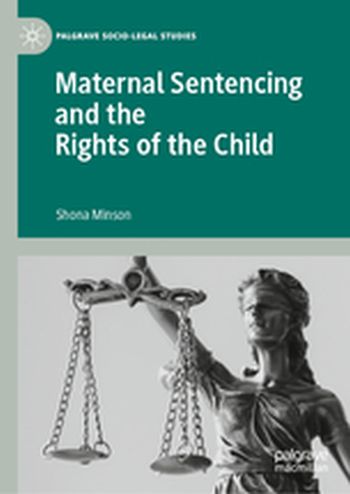
This book brings to life the experiences of children affected by maternal imprisonment, and provides unique, in-depth analysis of judicial thinking on such issues. It explores the experiences of children whose mothers are sentenced to imprisonment in England and Wales and contrasts their state-sanctioned separation from their mothers in the criminal courts (where the court may not even be aware of the existence of a child) to the state-sanctioned separation of children from their parents in the family courts, where the child has legal representation and their best interests are the court's paramount consideration.
Drawing on detailed empirical research with children, caregivers, and Crown Court judiciary, Maternal Sentencing and the Rights of the Child brings together relevant literature on law, criminology, and human rights to provide insight into the reasons for the different treatments and its implications for children, their caregivers, and wider society.